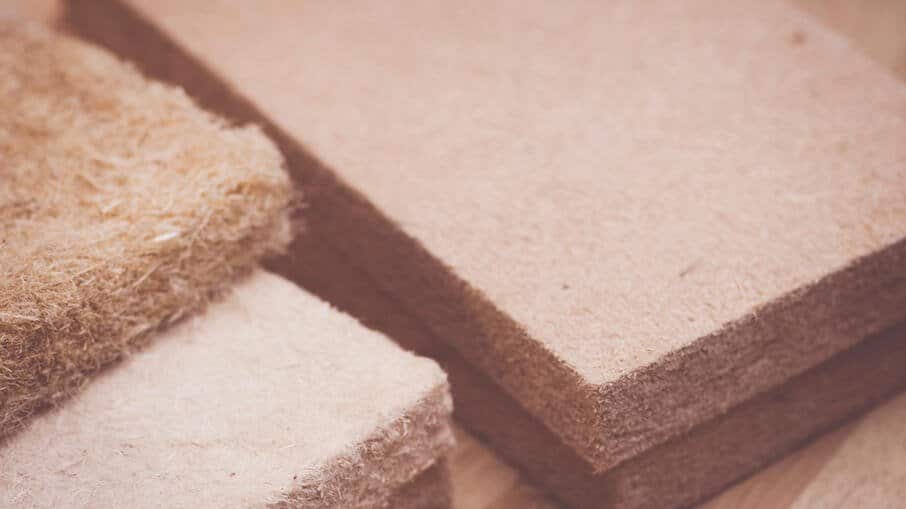At a time when climate change can no longer be ignored, we, together with our partners, are putting our weight behind the Hemp2Comp (Hemp to composites) project.
This project focuses on the transition to a circular and sustainable economy, focusing on hemp fibre. A promising raw material in the 'fibre' category.
The power of Hemp fibre
Hemp, a crop with minimal environmental impact, is not only used for non-food purposes, but also offers solutions to environmental problems such as PFAS/PFOS pollution.
With its promising properties, hemp fibre is considered a frontrunner in the fibre category, with its potential still far from being fully exploited.
Anchoring the hemp fibre chain locally
The project aims to anchor a local hemp fibre chain, positioning the border region as a centre for sustainable materials. Hemp2Comp (Hemp to Composites) starts at the basis, namely with trial fields where hemp will be grown, and methods to process it into usable material.
From trial field to finished product
Hemp2Comp aims to replace products currently made of fibreglass/polyester with carbon-neutral and/or fully bio-based counterparts in hemp. Central to this is the development of at least five new biocomposite products. These products, ranging from a charging pole and window profile to a funeral coffin, will be manufactured from locally grown hemp and bio-resin.
Added value in agriculture and society
The project goes beyond mere economic interests. It creates added value in agriculture through crop diversification in the face of climate change. It offers farmers a sustainable alternative and contributes to a more resilient agricultural system.
Cooperation and knowledge sharing
From hemp cultivation to finished product. This project is strongly committed to cooperation and knowledge sharing with all sectors involved in the value chain.
A future with hemp fibre
At a time when calls for sustainability are louder than ever before, Hemp2Comp provides an example of how innovation and collaboration can lead to tangible change. With hemp fibre as a catalyst for sustainable development, the road to a circular economy is closer than ever.
Project partners: Pibo Campus vzw, C-Biotech, Deceunicnk NV, Katholieke Universiteit Leuven, NPSP, Powerstation, Proef- en Vormingscentrum voor de Landbouw, Stad Peer, Avantium Renewable Polymers B.V. Compas Agro BV, Eve Reverse, M Bruijn Consult bv, Plantics Bv, Prince Fibre Tech B.V., Sirris, VVP Composites B.V.
Retrieved from this page will bundle all information around the project.









